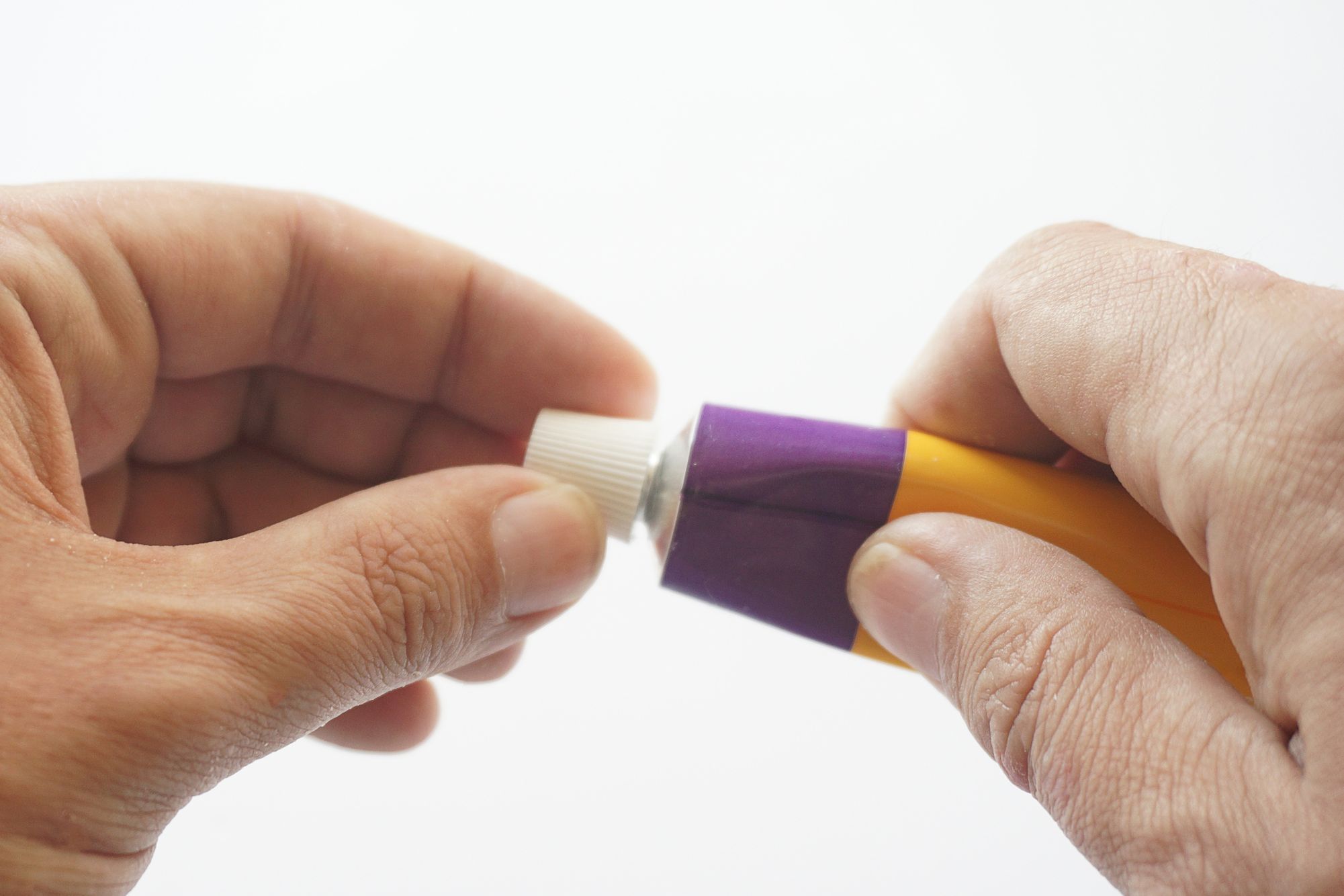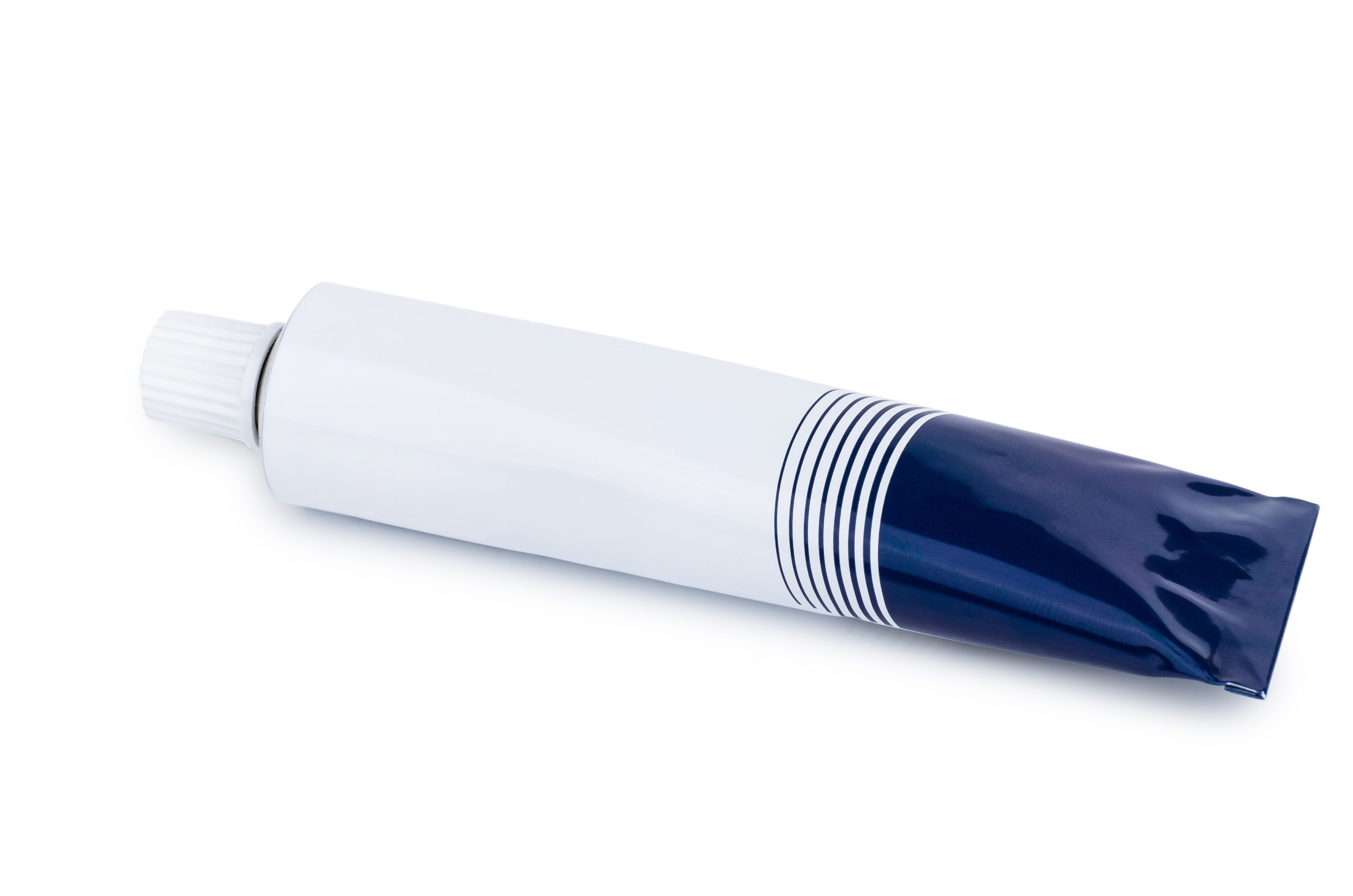Diltiazem Ointment
Focused on the most sensitive of health concerns

Diltiazem for Anal Fissures
Anal fissures are not only painful but also a source of considerable discomfort during bowel movements. A promising approach for managing this condition is the application of compounded Diltiazem. Originally used for the treatment of high blood pressure and chest pain, Diltiazem, when applied as a topical ointment, has shown efficacy in promoting the healing of anal fissures.
How Diltiazem Ointment Works
Diltiazem functions as a calcium channel blocker, which aids in relaxing blood vessels. In the context of anal fissures, when it's compounded into a topical ointment and applied to the anal region, it reduces muscle tension and improves blood flow to the fissure. This contributes to pain relief and supports the healing process.
Benefits of Diltiazem Ointment
- Pain Relief: Directly addresses the discomfort associated with anal fissures, offering considerable relief.
- Promotes Healing: By enhancing blood flow to the affected area, it supports the body’s natural healing mechanisms.
- Reduced Side Effects: The topical delivery of the medication minimizes the risk of systemic side effects, focusing relief on the area of application.
How to Use Diltiazem Ointment
- Preparation: Ensure the anal area is clean and dry. Always wash hands before and after the application process.
- Application: A small, pea-sized amount of the ointment should be applied gently to the outer anus and, if recommended, slightly inside the anal canal. The application should be gentle to avoid any further irritation.
- Frequency and Duration: The ointment is typically applied 2-3 times daily, following the advice of a healthcare provider. The length of treatment may vary depending on the individual's response and healing progress.

Topical Treatment Ingredients for Anal Fissures
In the management of anal fissures, topical treatments utilize a range of active ingredients to relieve pain, reduce inflammation, and promote healing. These ingredients, tailored to individual needs, include:
- Nifedipine: Available in 0.2%, 0.3%, and 0.5% concentrations, helps to increase blood flow and relax muscles.
- Diltiazem: Offered at a 2% concentration, it also works by relaxing muscle tension and improving blood flow.
- Nitroglycerin: Used as a compounded ointment, typically in a 0.2% concentration, to relax smooth muscles and alleviate pain.
For enhanced therapeutic effects, these compounds can be mixed with additional agents such as:
- Lidocaine (1%, 2%): Provides localized pain relief.
- Hydrocortisone (1%, 2%): Aids in reducing inflammation.
- Sucralfate (2%, 4%, 7%): Forms a protective barrier to promote healing.
- Misoprostol (0.0024%): Encourages tissue repair and healing.
This comprehensive approach, combining active ingredients with supportive compounds, offers personalized treatment options to effectively manage and heal anal fissures.
Managing Anal Fissures: Essential Treatments and Lifestyle Tips
Anal fissures can cause significant discomfort, but with the right approach, you can alleviate symptoms and encourage healing. Here’s a quick guide to managing anal fissures:
Essential Treatments
- Stool Softeners: Use medications like Docusate to ease bowel movements.
- Fiber Intake: Aim for 25-35 grams of daily fiber from fruits, vegetables, whole grains, and legumes to soften stools.
- Stay Hydrated: Drink at least 8 glasses of water a day to maintain soft stool consistency.
- Sitz Baths: Sit in warm water for 10-15 minutes several times a day, especially after bowel movements, to reduce pain and inflammation.
Lifestyle and Dietary Recommendations
- Regular Exercise: Engage in moderate exercise to promote regular bowel movements.
- Avoid Straining: Strain less during bowel movements to prevent exacerbating fissures.
- Limit Irritants: Reduce intake of spicy foods, caffeine, and alcohol.
Monitoring and Follow-Up
- Regular check-ins with your healthcare provider are crucial to adjust treatments and ensure proper healing.
- With these strategies, managing anal fissures becomes more manageable, leading to relief and recovery.
Side Effects of Diltiazem Ointment
While compounded Diltiazem is generally well-received by patients, some may experience:
- Local irritation or a burning sensation at the site of application
- Mild itching or redness
- On rare occasions, systemic effects such as dizziness or headaches

Pharmacist's Role
Pharmacists are integral in guiding patients through the use of compounded Diltiazem, ensuring they understand how to apply the medication correctly and advising on additional supportive care measures. Their expertise is vital in helping patients navigate their treatment regimen, promoting healing, and providing comfort during the recovery from anal fissures.
